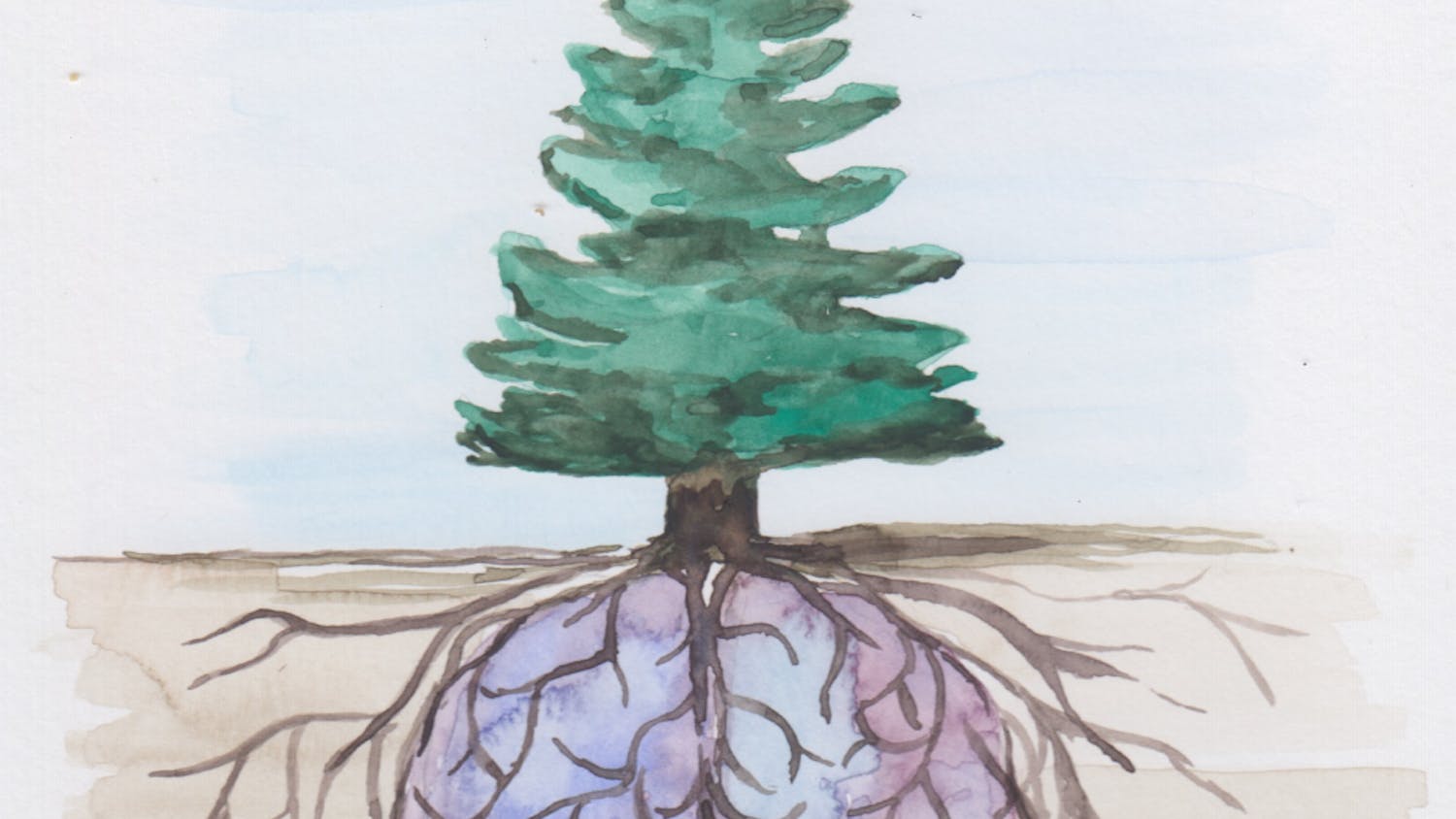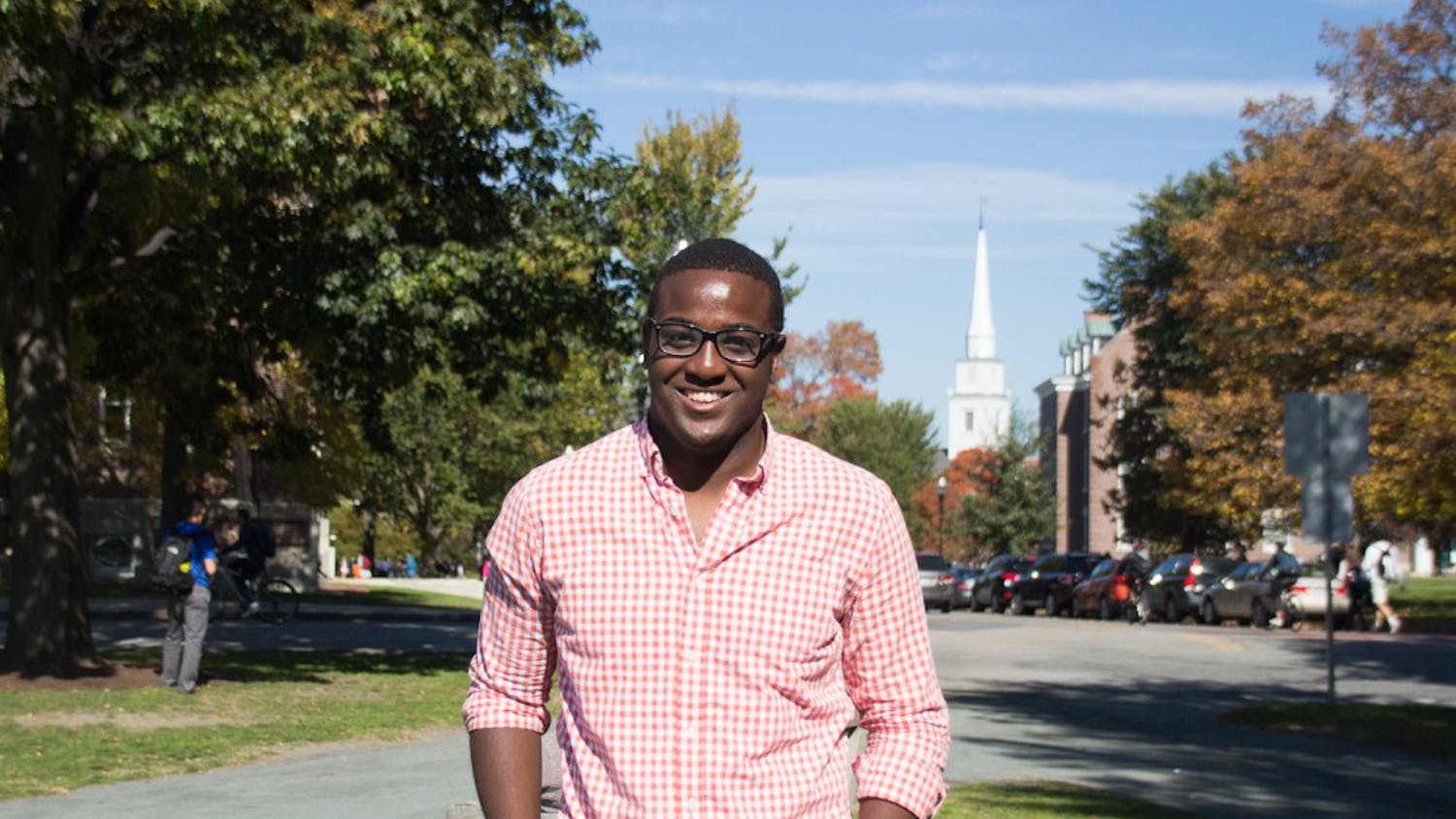The Dartmouth Center for Social Impact is working with the Council for Student Organizations to create a new joint process to recognize student service groups starting in the fall. Even with this new process for recognition — which gives these groups an official affiliation with the College as well as more resources — many student service groups have been left without clear sources of funding for their off-campus operations.
At the moment, student service organizations are not able to get recognition from COSO, according to Student Involvement director and COSO chair Anna Hall. She said that COSO does not offer recognition to these groups because they already receive support through the DCSI. However, DCSI director Tracy Dustin-Eichler noted that the DCSI was never supposed to provide long term support and supervision for student-led service groups. Examples of said student service groups include Dartmouth’s Habitat for Humanity chapter and Students Fighting Hunger.
Dustin-Eichler said that when the William Jewett Tucker Foundation was split into the DCSI and the Tucker Center in 2015, student-led groups were left with less staff support.
“The staff played a really important role in supervising student service groups,” Dustin-Eichler said. “When the split happened, many of those groups were moved into a much less staff-led model and into a student-led one.”
Since this split, Dustin-Eichler said that the DCSI has supported service groups by providing them with modest amounts of funding, allowing them to recruit through the management system OrgSync, inviting them to the Community Connections Fair and advertising their activities in DCSI’s weekly emails.
Hall said that, with these constraints, it is difficult for student service groups to function. Hall and Dustin-Eichler both believe there needs to be a more formal and streamlined process of recognition, which is why they are working towards launching a new recognition process for the fall.
In order to be recognized, Dustin-Eichler said student groups will be required to complete a memorandum of understanding by connecting with established non-profit organizations that will provide them with training and resources.
“This means they will be trained in the volunteer activities they are engaged in,” she said. “We think this will help ensure that student service organizations are using the best practices when servicing vulnerable populations, even given student schedules and leadership transitions.”
Hall said that COSO has not yet decided how it will fund student service organizations. Because the College’s Undergraduate Finance Committee, which funds COSO, is not allowed to fund off-campus student work, it is unclear if these students organizations will be able to obtain funding from COSO for their operations in the community, according to Dustin-Eichler. She noted that these groups will be able to fundraise on campus and can be subsidized by the larger non-profit organizations with which they work.
“We are still working out the details regarding funding, and most of these groups don’t require a lot of funding,” Dustin-Eichler said. “The UFC could potentially provide funding for student groups for certain parts of their activities, especially their educational and campus-focused ones, but not the ones they are doing in the community.”
COSO believes that this joint process will be a step towards increasing the number of organizations they support, according to COSO member Erin Fitzgerald ’20.
“This is becoming an institutionalized change because students are passionate about service and we want to support that,” she said. “As a board that cares about students pursuing things they are interested in, we recognize that not every student finds their niche in [currently-]COSO recognized groups.”
Dustin-Eichler hopes this will further encourage students to make an impact on surrounding communities.
“I am excited that we were able to work with COSO to support student groups, and I am looking forward to getting this process up and running in the fall,” she said.




